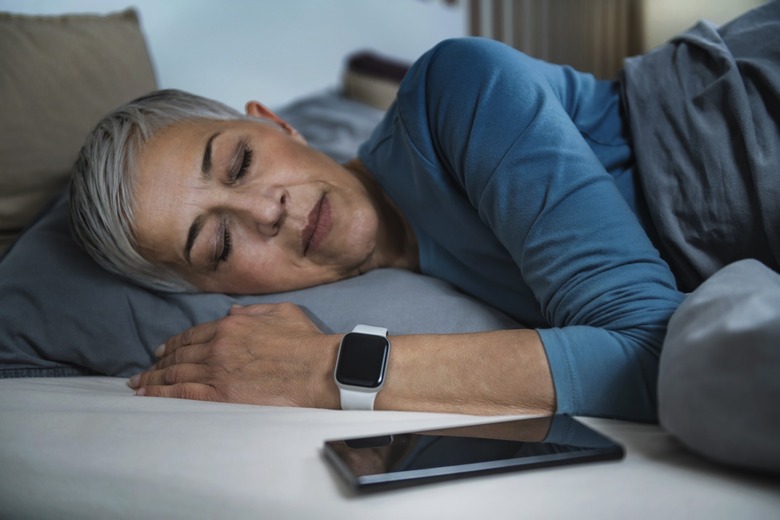Researchers Are Working On 'Artificial Naps' That Give The Benefits Of Sleep Without Actual Sleep
What if you could tap into the brain-boosting power of a nap—without ever actually falling asleep? Scientists have just taken a major step toward making that idea a reality. In a new study, researchers showed that artificial naps, created through precise brain stimulation, may replicate some of the same benefits as real sleep.
The research, published in Science, focused on a group of macaque monkeys trained to perform visual perception tasks. After completing a round of tests, some monkeys took short non-REM naps while others just rested without sleeping. The researchers found that the napping monkeys performed significantly better on follow-up tasks.
That alone is fascinating—but the real breakthrough came with deeper digging. Using data from the sleeping monkeys, researchers identified a key feature of the post-nap brain was reduced synchronization between neurons. In other words, their brain cells were firing less in unison and somehow, that led to sharper perception.
To test if this effect could be reproduced without sleep, the team used low-frequency electrical pulses to mimic the delta brain waves typically seen during non-REM sleep. They essentially created artificial naps. When applied to the visual areas of awake monkeys, these pulses triggered similar neural desynchronization and led to the same performance improvements.
The findings suggest artificial naps could one day serve as a practical tool for boosting cognitive function in people who can't—or don't—get enough rest. While the current experiments used implanted electrodes, the researchers are already working on noninvasive versions suitable for human use.
This research goes hand in hand with similar research we've seen to bring dreams to people without sleeping, to help provide some of the benefits of REM sleep. And scientists have long been looking for ways to get the benefits of sleeping without actually having to sleep.
